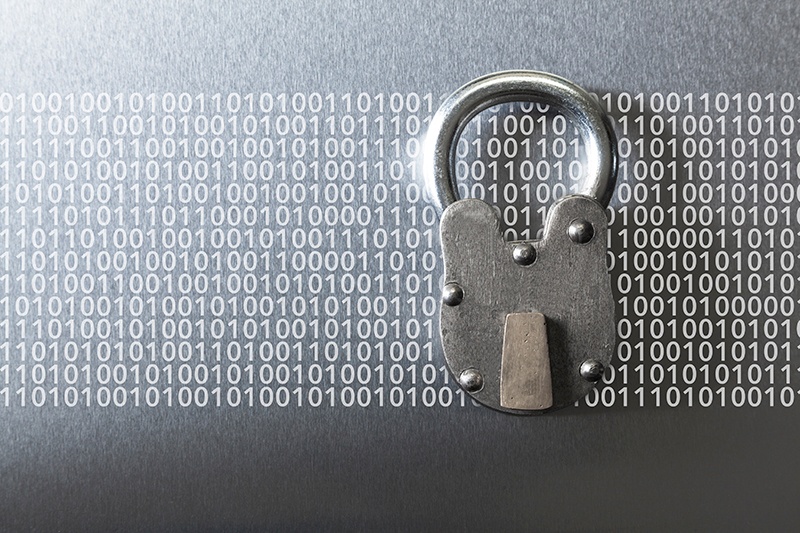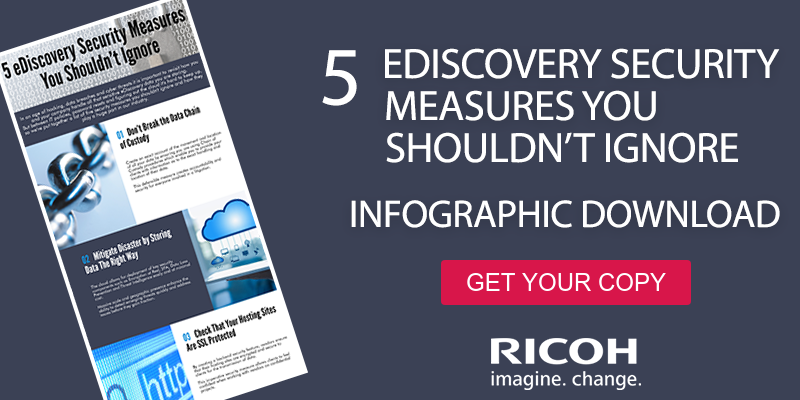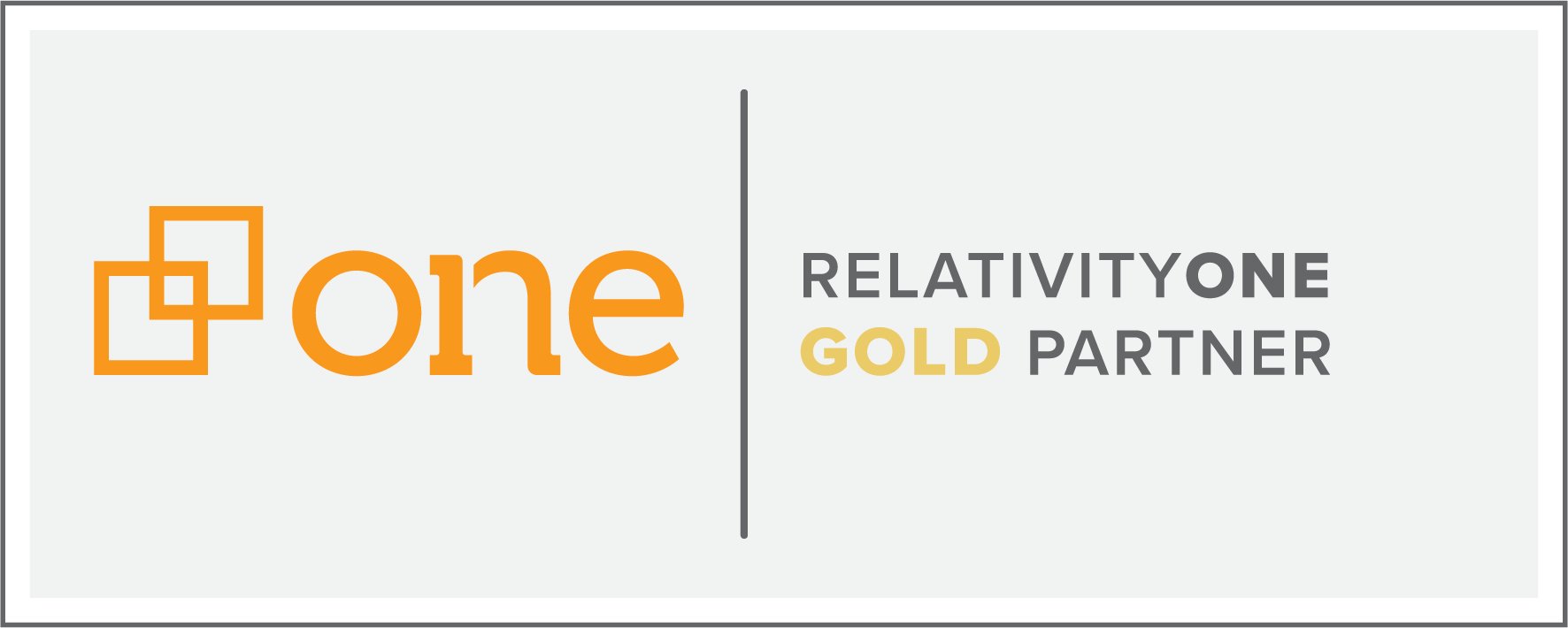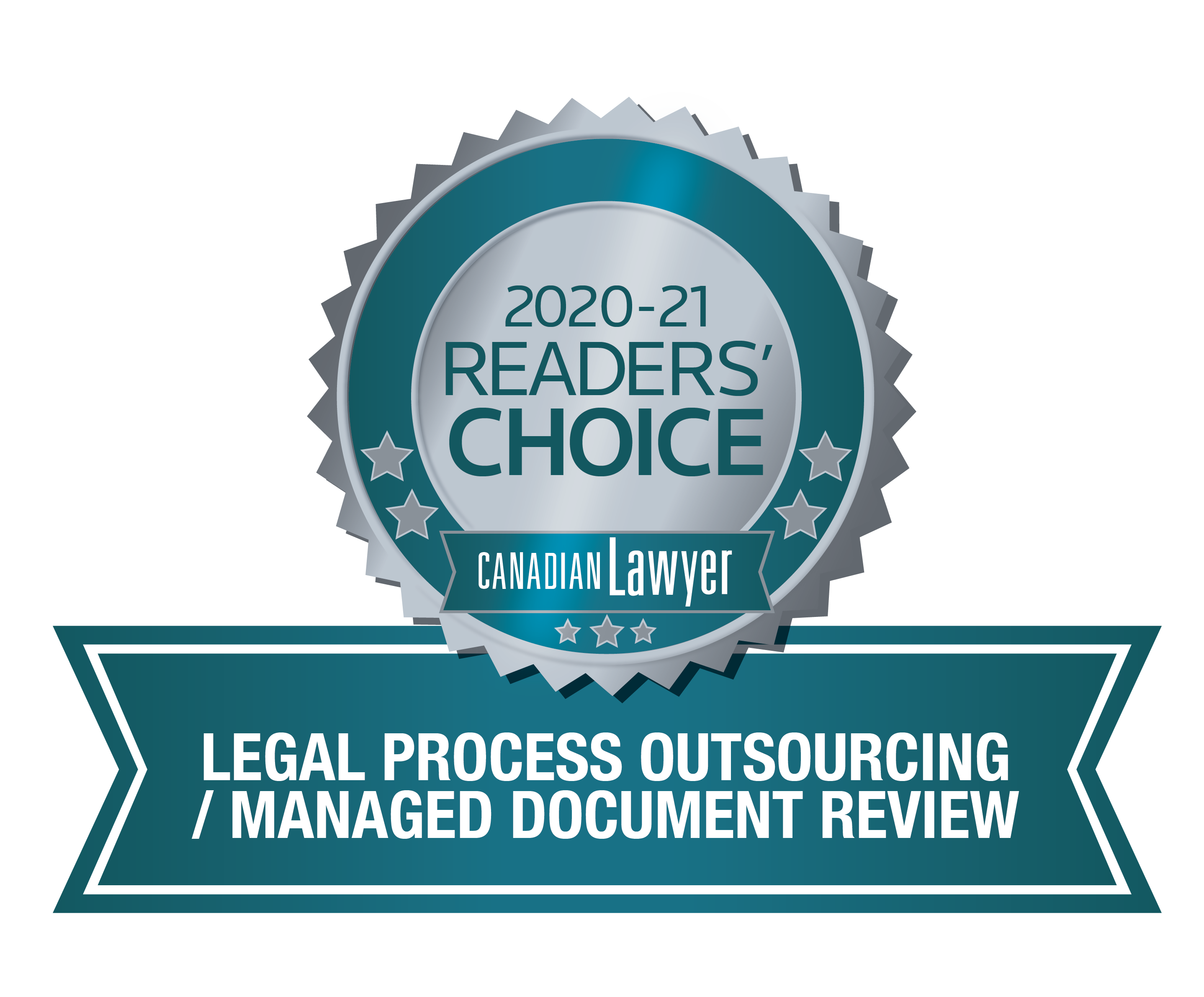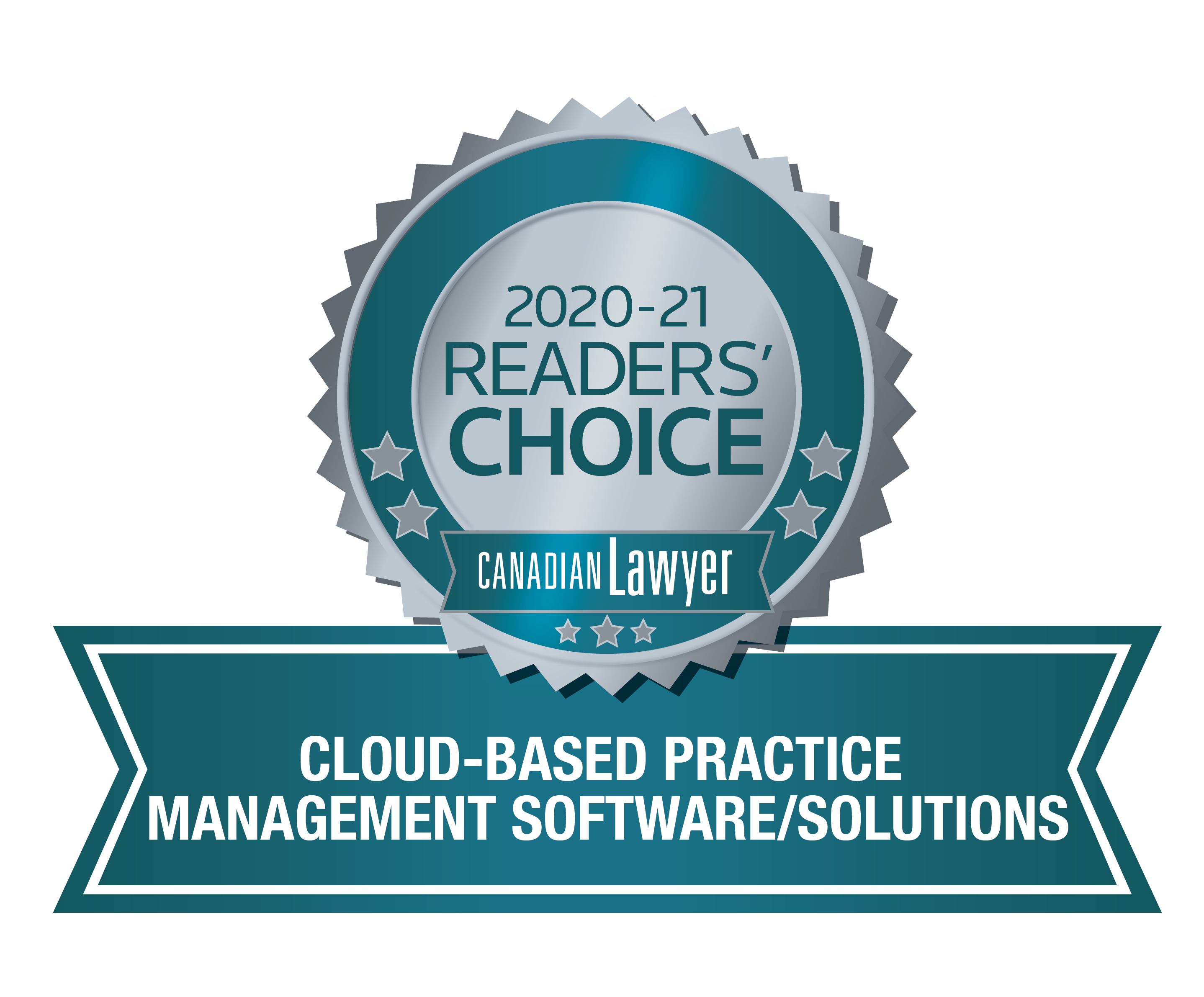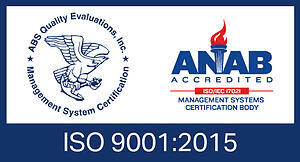In an age of hacking, data breaches and cyber threats it is always important to revisit how you and your company handle all that sensitive eDiscovery data you may be storing. But between policies, password resets and figuring out the cloud it's hard to keep up, so we've put together a list of five security measures you shouldn't ignore and how they play a huge part in our industry.
Read on and save this list to impress your IT team at the next meeting - you eDiscovery security guru, you.
1. Don't Break the Data Chain of Custody
Create an exact account of the movement and location of all your data by ensuring you are using Chain of Custody procedures which enable you to provide your clients with information as to the exact handling and location of their data. This defensible measure creates accountability and security for everyone involved in a litigation.
2. Mitigate Disaster by Storing Data The Right Way
The cloud allows for deployment of key security components such as Encryption at Rest, 2FA, Data Loss Prevention and Threat Intelligence easily and at minimal cost. Massive scale and geographic presence enhance the ability to detect emerging threats quickly and address issues before they gain traction.
3. Check That Your Hosting Sites Are SSL Protected
By implementing SSL, vendors ensure that their hosting sites are encrypted and secure to clients for the transmission of data. This imperative security measure allows clients to feel confident when working with vendors on confidential projects.
4. Protect Yourself and Your Data With a Certificate of Destruction
A Certificate of Destruction is given in order to indicate that all data which had been given to a vendor has been destroyed following prior written consent from both parties. This certificate provides clients with evidence that is defensible and assurance that they have complete control over their data.
5. Ensure That Your Vendor Has Internal Policies That Protect You
ISO 9001 is a voluntary international standard set out by the International Organization for Standardization (ISO), a Geneva-based, worldwide federation of national standards bodies. The ISO quality framework assures Canadian, as well as international clients, that quality standards are in place and adhered to on all eDiscovery projects.
An organization would choose to implement and become ISO certified in order to show dedication in meeting set international standards of quality service and a commitment to the delivery of reliable and defensible evidence management solutions.
Read about our ISO certification: commonwealthlegal.com/iso-certification


